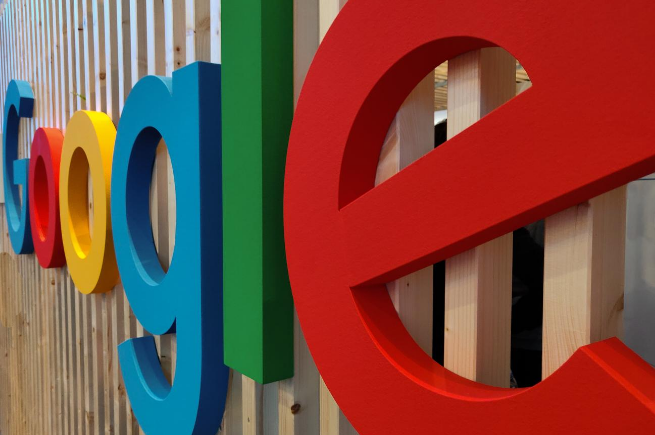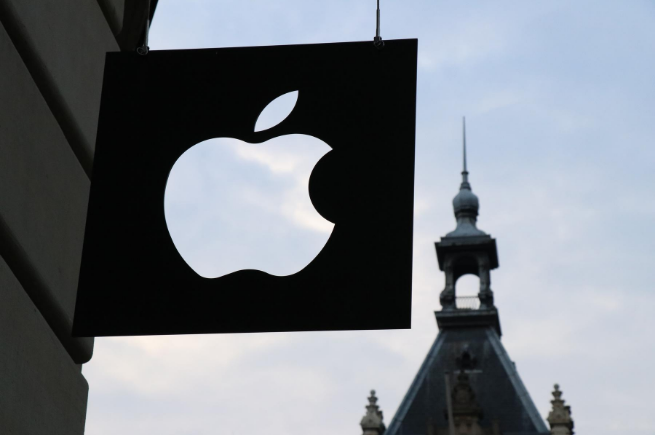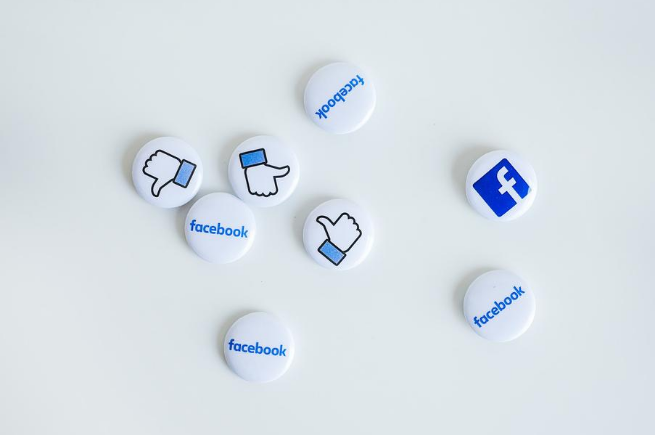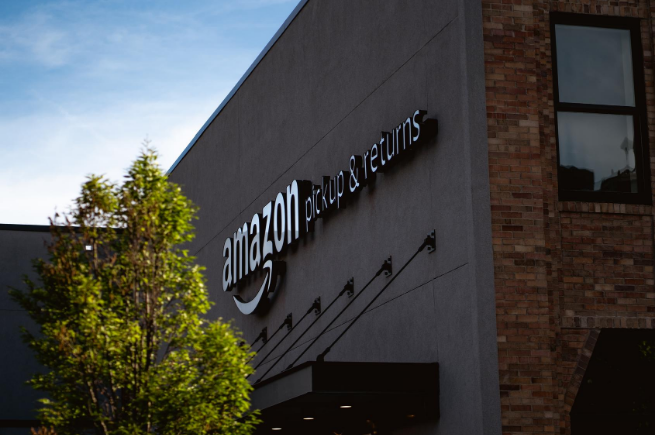What Does The Tech Antitrust Hearing Mean For Adtech?
Last week the antitrust subcommittee held a hearing for the four biggest leaders in tech; Jeff Bezos of Amazon, Tim Cook of Apple, Mark Zuckerberg of Facebook, and Sundar Pichai of Google.
Millions of viewers live-streamed the six-hour hearing, keen to finally hear about the internal workings of four of the biggest, and most secretive, tech companies in the world.
The hearing was called to ultimately address the fact that these four companies have too much power, with lockdown making them even stronger, as consumers spend more time online due to lockdown restrictions.
The committee began by outlining that a single action from any of these companies can affect hundreds of millions of us in profound and lasting ways, with the ability to wipe out entire companies and completely shake up industries.
We’ve seen many of these decisions completely shift the advertising landscape, Apple’s decision to remove third party cookies from Safari, and Google’s decision to do the same on Chrome from next year is just one decision that has meant many companies within the ad space have had to completely rethink their business models.
The walled gardens that each of the companies operate also has profound effects on businesses who are trying to compete against them.
At the hearing we learnt that 63% of Google searches end up on a Google-owned site, with this number continuing to grow, indicating Google keeps users on its sites even if it doesn’t have the most relevant information, which heavily impacts other online companies.
This is also damaging to consumers, with most trusting that Google will send them to the most relevant information.

This can also be extremely harmful for news sites who lose out on traffic. Many have got around this by building relationships with consumers and encouraging them to head straight to their sites to hear about the latest news, rather than Googling stories.
This has been a key tactic for news outlets during the COVID pandemic, with many seeing rises in traffic and subscriptions as readers return each day to the publications, that they trust will keep them up to date with real news.
Apple
Apple’s walled garden was also addressed, as the committee explored how the App Store works. All Apple’s apps must use its payment system for in-app purchases, there are reports that Apple then collects this data and assesses whether it’s worth investing in building apps to rival the most profitable ones.

The tech giant also sets the App Store rules, choosing who they let in and dictating how many of the in-app services are allowed to run, giving them the ability to control which apps consumers have access to and how they operate.
Although Tim Cook outlined the security benefits that this process has, it also means Apple has a huge say in how in-app advertising and data collection works.
Their recent announcement to change the Identifier for Advertisers (IDFA) in IOS 14 will mean a huge reduction in user acquisition advertising spend as the ability to attribute and analyse that spend has been massively reduced, significantly affecting many companies within this space.
The advertising boycott against Facebook was also put to Mark Zuckerberg, with some of the world’s biggest companies including Verizon, Ford, Patagonia and Coca-Cola halting ad spend during August in response to rising hate speech on the platform.

Zuckerburg responded saying Facebook is focussed on fighting against this by routinely collaborating with law enforcement and security agencies, building AI systems to remove it immediately, and employing thousands of workers focussed on safety and security.
All this means they are proactively able to identify 89% of hate speech and remove it before it’s seen by anyone else, and they are working to increase this number.
Amazon
And finally, Jeff Bezos was addressed with concerns that the Amazon marketplace is damaging smaller businesses, with many online companies unable to compete with the e-commerce giant. Emarketer found that Amazon has nearly 7x the market share of its closest competitor.

Over 800,000 small businesses rely on Amazon for their sole income, the committee used an example of an apparel company who produced a unique piece of clothing which was making them a significant amount of money via Amazon’s marketplace. One day they woke up to find sales had crashed because Amazon had started selling the same product, undercutting theirs.
With the ability to control the e-commerce marketplace and being able to identify high selling products and wipe out companies by producing the same ones for cheaper, the committee argued that Amazon has too much power.
Advertising on the platform is also extremely competitive and even though many companies pay to have their products listed higher up in the rankings, Amazon’s own range can often be found alongside them at a cheaper rate.
Although many of the committees’ accusations were justified it’s important to remember that these four companies have completely transformed the way consumers interact with brands, whether that’s discovering them through search, directly interacting with them via Facebook Messenger, hearing about their latest news via their social feeds, or by ordering their products and services straight to their homes or smartphones in minutes.
However, we need to ask ourselves whether these companies have become too powerful, are they deciding how and in what direction the ad industry develops? And from a wider point of view, are they preventing innovation and growth of the economy?
If you’d like to watch the full hearing you can find it here on YouTube.
